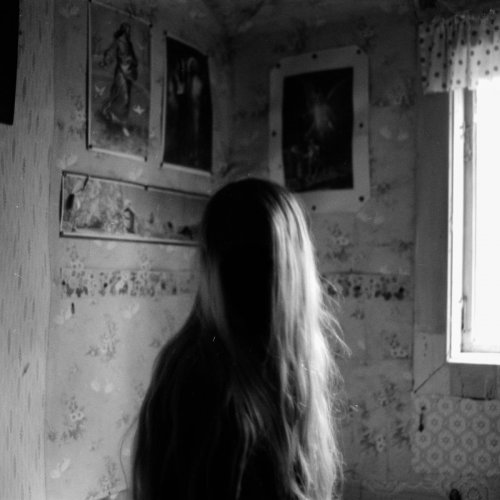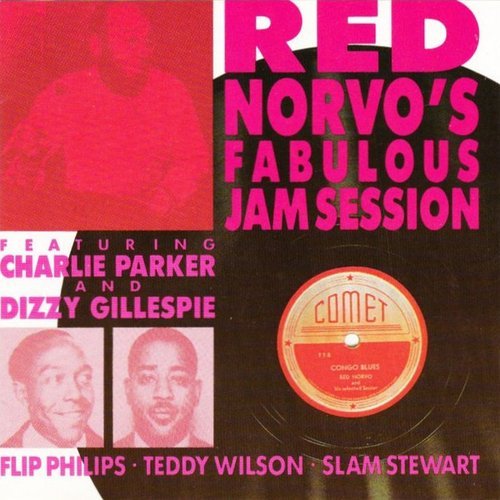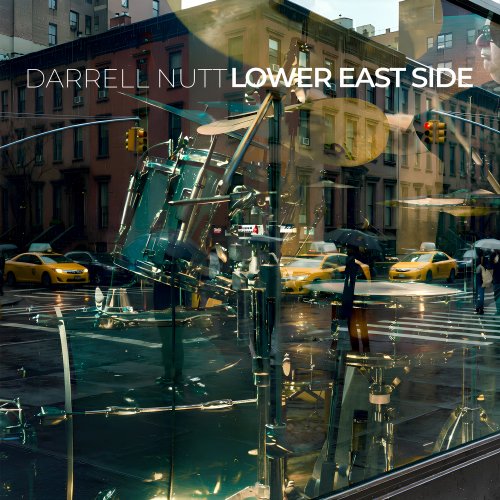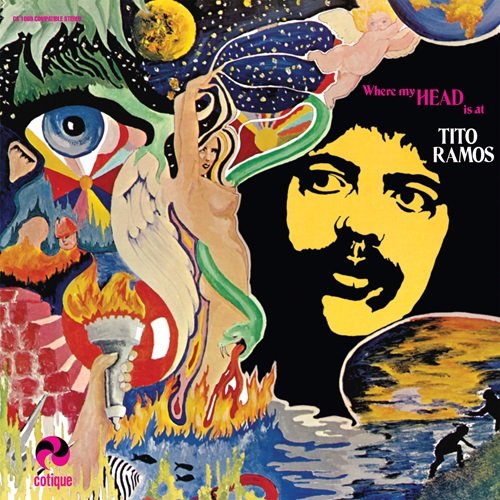Anna von Hausswolff - The Miraculous (2015) Lossless

Artist: Anna von Hausswolff
Title: The Miraculous
Year Of Release: 2015
Label: Other Music Recording Co.
Genre: Gothic Rock
Quality: FLAC (tracks)
Total Time: 49:26
Total Size: 280 MB
WebSite: Album Preview
Tracklist:Title: The Miraculous
Year Of Release: 2015
Label: Other Music Recording Co.
Genre: Gothic Rock
Quality: FLAC (tracks)
Total Time: 49:26
Total Size: 280 MB
WebSite: Album Preview
01. Discovery (8:45)
02. The Hope Only of Empty Men (3:10)
03. Pomperipossa (2:12)
04. Come Wander with Me / Deliverance (10:49)
05. En ensam vandrare (2:55)
06. An Oath (3:01)
07. Evocation (3:07)
08. The Miraculous (9:59)
09. Stranger (5:28)
With The Miraculous, Swedish singer, songwriter, and keyboardist Anna von Hausswolff has delivered an album as different from 2013's celebrated Ceremony as that was from 2010's Singing from the Grave. On Ceremony, Hausswolff discovered the sonic possibilities of the cathedral organ. Her four-octave vocal range rose above compositions that wove classically tinged Gothic art pop and skeletal post-rock that touched on Sweden's gloomy operatic and folk traditions. Sometimes gentle and dreamy, and just as often moody and droning (sometimes inside the same tune), she has created an iconoclastic brand of indie music. On The Miraculous, Hausswolff doubles down on the organ. The instrument she's using here is an enormous 9,000-pipe Acusticum Organ designed by Gerard Woehl. Its vast tonal and instrumental possibilities include sounds for glockenspiel, vibraphone, celeste, percussion, and indefinable high-pitched shrieking sounds that extend the upper reaches of the Western harmonic system (these pipes are partially submerged in water). Vocally, Hausswolff moves effortlessly through her range, but she also employs guttural throat and body sounds, as well as skittering, glossolalic vocalizations (à la Diamanda Galas and Jarboe). For her, the voice becomes an integral instrument in her sound. The relatively brief, almost funereal "The Hope of Only Empty Men" has a rhythm created from the organ's swirling pulse accentuated by a kick drum and whispering cymbals with industrial noise spinning above. Her monotone singing offers an emotionally devastating lyric, but the restrained melody remains unaffected because her voice barely rises above the sonics. In contrast, "Pomperipossa" is a short, melodic, tender Gothic love song that reveals the enduring influence of Kate Bush. "Come Wander with Me" is stunning. Over nearly 11 minutes, the music moves through droned-out Gothic blues (think Desertshore-era Nico), crushing doom metal, early King Crimson-esque prog-industrial noise rock, Swedish folk, and something approaching Byzantine chant. Its nerve-cracking guitars, bashing processional drums, layered percussion, and waves of feedback are all fueled by her earth-quaking organ. Hausswolff's voice is equally extreme. It shifts wildly between alto and soprano, delivering an apocalyptic lyric when words don't suffice. This is excess-laden extreme music at its grandiose best. The ten-minute title number couldn't be more different: It begins on a brooding, sub-baritone organ drone; it very gradually lightens in color and timbre with gentle dissonances and timbral shifts. When she begins signing — four minutes in — treated backing vocals shade her own tender, passionate, multi-tracked performance. The cut's mood is altered from balladic to liturgical, from duskily ethereal to brightly lit, and the effect is transformative. Closer "The Stranger" is a cinematic folk-rock song; it's like a tune in a spaghetti western soundtrack produced by Lee Hazlewood with glockenspiel, harp, and cymbalom sounds crisscrossed with guitars and subdued percussion. As a composer, singer, and sound sculptor, Hausswolff is in full control on The Miraculous, balancing harshness and intimacy, heaviness and airy melancholy. It's an uncompromising view, but it's also welcoming.
Download Link Isra.Cloud
Anna von Hausswolff - The Miraculous FLAC.rar - 280.9 MB
Anna von Hausswolff - The Miraculous FLAC.rar - 280.9 MB

![Tilaye Gebre - Tilaye's Saxophone With The Dahlak Band (2026) [Hi-Res] Tilaye Gebre - Tilaye's Saxophone With The Dahlak Band (2026) [Hi-Res]](https://www.dibpic.com/uploads/posts/2026-02/1770295066_w2gwzanarvmoc_600.jpg)



![Nathan Surquin - Ambre (2026) [Hi-Res] Nathan Surquin - Ambre (2026) [Hi-Res]](https://www.dibpic.com/uploads/posts/2026-02/1770135175_folder.jpg)


